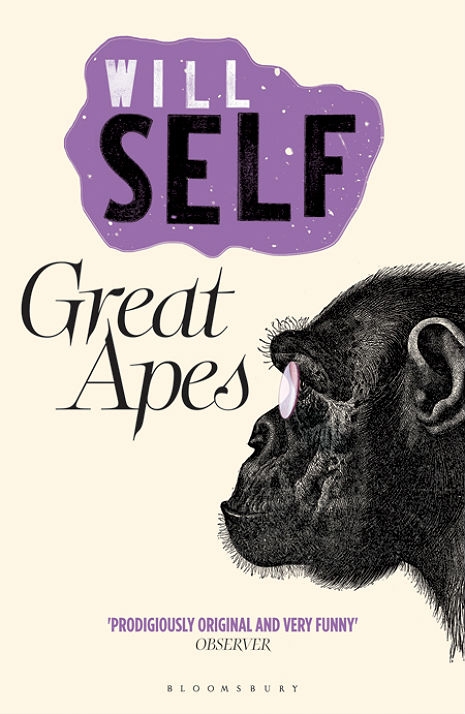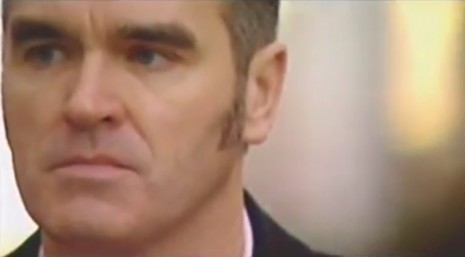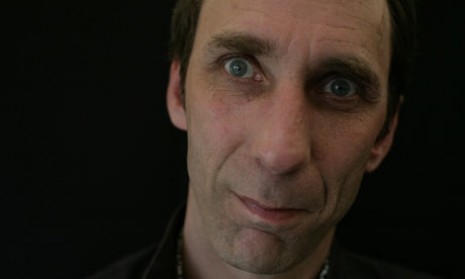
HooGraa!
Last week I read Will Self’s Great Apes for the first time in over a decade. If you’ve never read it yourself, it’s about an artist—Simon Dykes—who wakes up, following a night of sex and drugs, in a parallel universe where chimps have usurped humans in the evolutionary rat race. London is still London (etc) but humanity has become “chimpunity.”
Rather than speak, for example, the chimps “sign,” punctuating their discourse with a series of unforgettable vocalizations (the above “HooGraa!” being a greeting). Rather than walk, they “knuckle-walk,” their naked posteriors proudly jutting out beneath the hem of jackets and blouses. Sexual mores in general are turned inside out, as is evinced in the following passage, wherein Dr Zack Busner (a recurring character of Self’s, here reappearing in a nimbler, furrier, but no less egoistic incarnation) surveys the healthy vision of his ample family—or “set”—embroiled in a morning vista of inter-generational, largely incestuous copulation.
There was a loose queue of males trailing down from the cooking area, more of less in correct dominance order, Henry behind David, Paul behind Henry. Busner wondered idly why David had been allowed first crack at Charlotte, but then as he rounded the breakfast bar at the top of the short flight of stairs, he saw that Dr Kenzaburo Yamuta, the distal-zeta male, was vigorously mating his daughter Cressida by the dishwasher, while Colin Weeks and Gambol awaited their turn.
‘Morning “chup-chup,” Zack,’ Kenzaburro signed, withdrawing from Cressida. ‘Fancy a “huh-huh” fuck here?”
The book is ceaselessly vivid—while reading it your everyday reality becomes temporarily transfigured by the shadow of chimpunity. Equally striking during this reread, was how all of my friends, when I mentioned the book, broke into the same warm grin, usually supplemented with a choice vocalization of two of their own. Great Apes really does unearth your inner chimp!
While there’s no doubt that Self has since blossomed into an even better stylist, I doubt he will ever again hit upon such a succinctly hilarious and profound conceit, or bring as much pleasure to such a wide readership. In short, I think Great Apes is looking increasingly like a classic, and the following South Bank Show, broadcast in 1998 (the year after the novel was published) is an interesting, and enjoyably dated, document of that era.
Here Self comes across as significantly more intoxicated on his own (undeniable) brilliance (and whatever else) than he does nowadays, and at times something of a prat, but he’s also always almost laughably eloquent and insightful. There’s lots of interesting moments, including some even older footage of a very young track-mark ridden Self coming off smack in 1988 for some sad-sack junkie documentary, plus some delightful footage of him discussing Great Apes in front of London Zoo’s chimp enclosure. We remain ridiculously lucky to have him. Chup-chup!
More after the jump…







